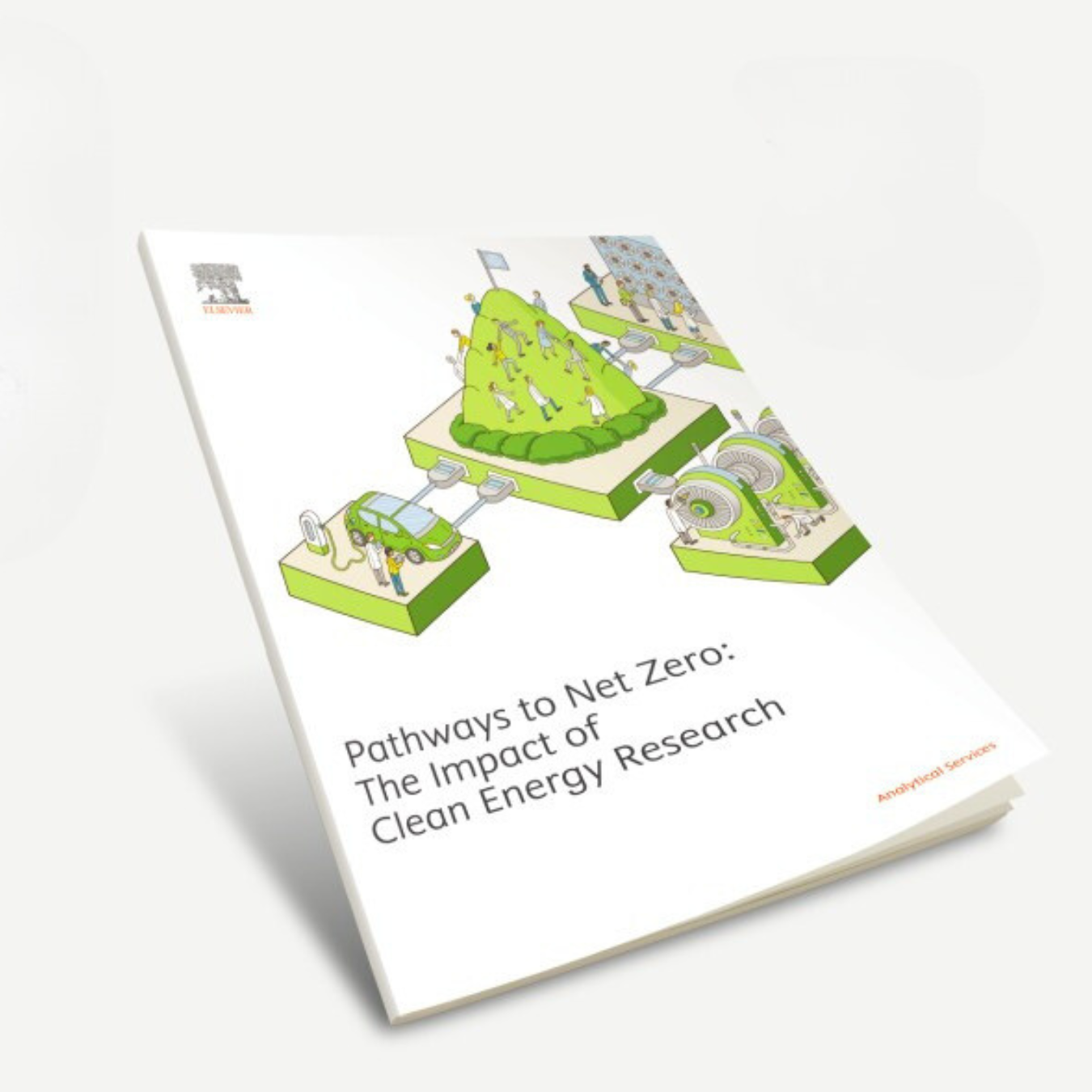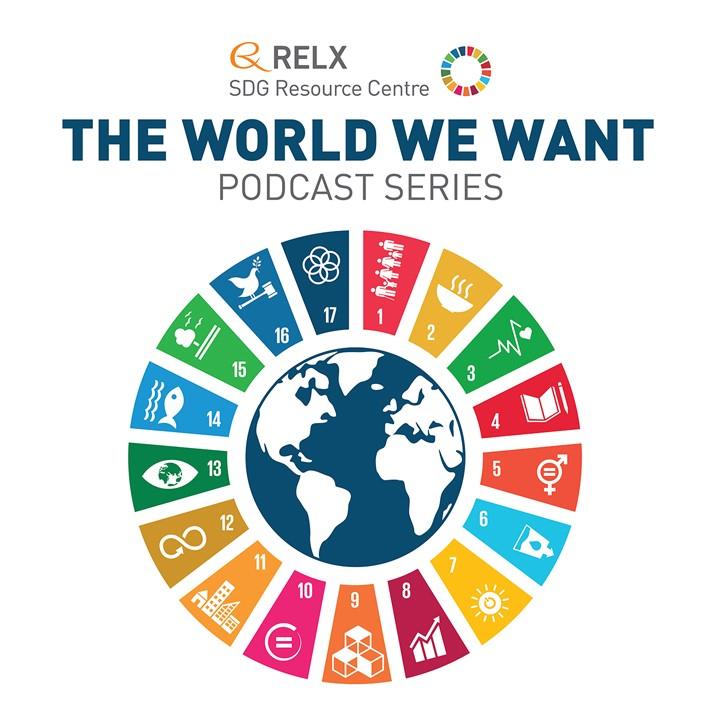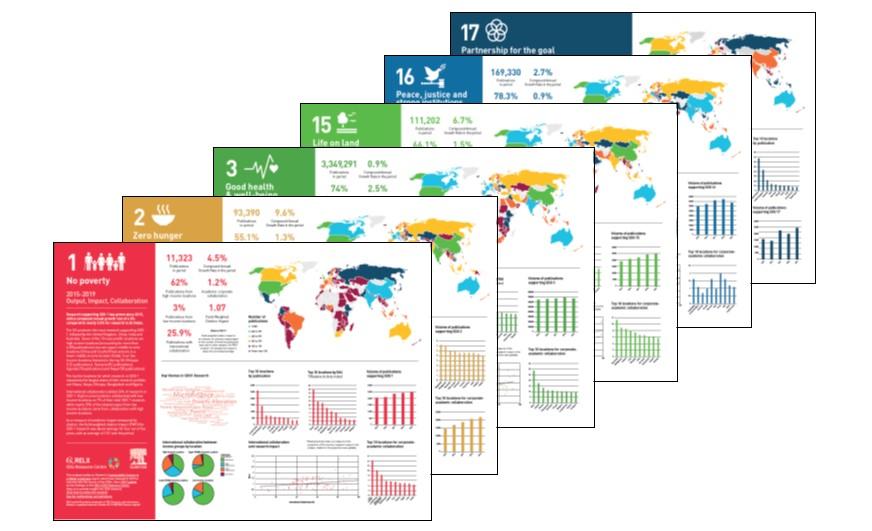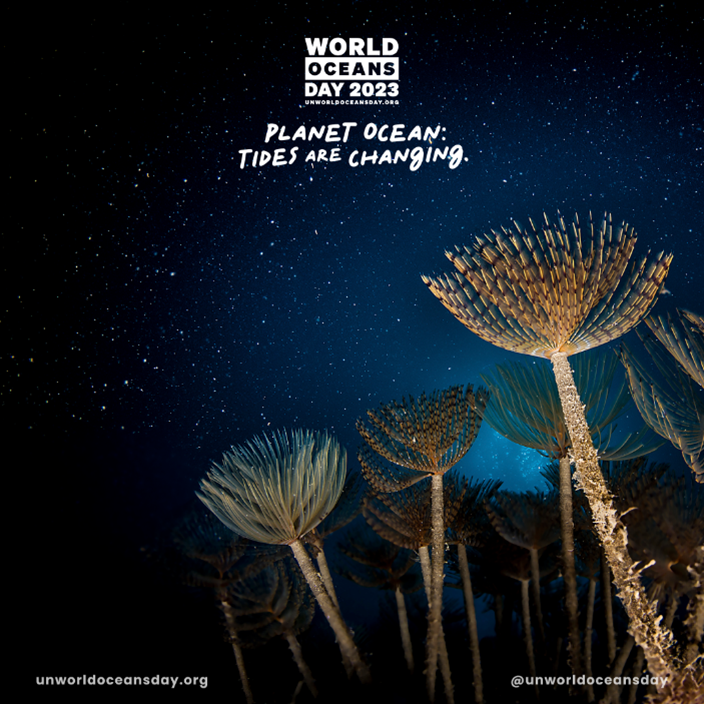Ensure access to affordable, reliable, sustainable and modern energy for all
There are currently no results
Please use the filter option to change the selected content type, or the left-hand links to view the content for another SDG.
Featured content
Goal 9: Industry, innovation and infrastructure







